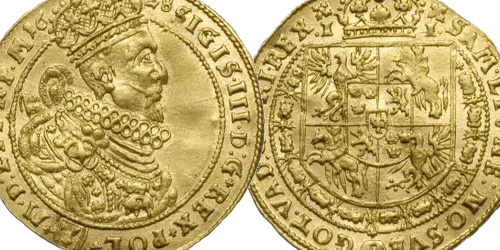Menagerie of Animals, dated 1846: "Hey Gentlemen! beautiful ladies! | I have animals, look at them | All wild, every word | Menagerie quite new. [...}. [Lvov, 1848]. Printed anonymously, signed with initials T. G.
S. [4], il. H.: 24.5 cm. Printed on thin blue paper. The rhymed texts with descriptions of the characters depicted are accompanied by representations done in woodcut.
Unbound. Folding marks, folds in margins. Notes in pencil on the first page, in addition, the name of each character depicted is signed under the woodcuts.
Estr XIX vol. 2 s. 2. Piece available in the collection of the National Library, rebound on different white paper.
A famous, anonymously published satirical print with depictions of the most important figures associated with the so-called "Galician Robbery" of 1846, a short-lived, radical peasant movement formed mainly as a result of incitement by the Austrian government and officials. During the rabble, more than 3,000 Polish citizens of noble origin were murdered and many manors and estates in Malopolska were destroyed and looted. The event reverberated through Polish history and literature ("Choral" by Kornel Ujejski, "Wesele" by Stanisław Wyspiański or "Turoń" by Stefan Żeromski), as well as in Europe.
The print begins with a turn to the reader, in which the poet announces that he will guide him through a kind of "menagerie" of animals.
"Hey Gentlemen! beautiful ladies! | I have animals, look at them, | All wild, every word | Menagerie quite new. | There's a hyena, a ferocious tiger, | A blood-spattered wolf fierce; | And a fox also with one eye; | A wild leopard, who with a stream | Pours the blood of his brothers, a sea-dog, a great hooligan. - The show | Will be nice and interesting, | Will mention the history, although tearful!"
The rhymed text is accompanied by representations of the described characters with animal heads, made in woodcut.
Among those described are Prince Clement Metternich(1773-1859) - Austrian prince, politician and diplomat, long-time foreign minister (1809-1848) and Austrian chancellor (1821-1848). Excerpt: "Here you can see Metternich, | What he did so much mischief | To us Poles - two years ago | The slaughter of Tarnów, we owe it to him | Brothers; praise God, | That he punished this enemy."
Ludwig August von Benedek (1804-1881) - artillery general of the Imperial and Royal Armies, commander of Austrian troops who - with the support of local peasants - suppressed the Cracow uprising in a small battle near Gdów. For this deed, he was later awarded the Knight's Cross of the Order of Leopol and appointed colonel. The poet characterized Gen. Benedek's actions at the time as follows:
"With money | He paid peasants that with scythes | They murdered their brothers, | And like robbers robbed".
Franz Freiherr Krieg von Hochfelden (1776-1856) - Governor of Galicia, honorary citizen of Lviv. According to some researchers, he was the originator of the use of Galician peasants to suppress the noble uprising of 1846.
Joseph Breinl von Wallerstern (1800-1869) - Austrian official, from 1835 starosta in Tarnow. In 1846 - in order to prevent the outbreak of an independence uprising - he provocatively took advantage of the anti-noble peasant movement in Tarnow region and directed it against the landed gentry. He is considered one of the main culprits behind the Galician massacre - suffice it to mention that in Tarnow, during the robbery, the office paid peasants 10 florins for a slain nobleman, and 5 florins for a captured one.
Leopold Sacher-Masoch (1797-1874) - Austrian civil servant, director of police in Lviv in the years (1831-1847), collector.
Jakub Szela (1787-1860) - leader of the peasants during the so-called 1846 Galician rabble, became famous for his cruelty and ruthlessness in murdering the nobility during the Galician massacre.
The offered piece was described by Dr. Prof. Gregory Niecia in an article titled."Lwowiana in the collection of Lech Kokociński - a Warsaw bibliophile and collector" from 2009 [Nieć G., Lwowiana in the collection of Lech Kokociński - a Warsaw bibliophile and collector [in:] Kraków - Lwów: books, periodicals, libraries of the XIX and XX century. T. 9 / edited by Halina Kosętka, Barbara Góra, Ewa Wójcik. - Krakow, 2009]
The object was presented, among others, at the exhibition "Myth of Galicia" in Krakow and Vienna.



![Menagerie of Animals, dated 1846: Hey Gentlemen! beautiful ladies! | I have animals, look at them | All wild, every word | Menagerie quite new. [...}. [Lvov, 1848]. Printed anonymously, signed with the initials T. G.](https://img1.one.bid/img/4840/1254943_1q.jpg?1680337274)
![Menagerie of Animals, dated 1846: Hey Gentlemen! beautiful ladies! | I have animals, look at them | All wild, every word | Menagerie quite new. [...}. [Lvov, 1848]. Printed anonymously, signed with the initials T. G.](https://img1.one.bid/img/4840/1254943_2w.jpg?1680337274)
![Menagerie of Animals, dated 1846: Hey Gentlemen! beautiful ladies! | I have animals, look at them | All wild, every word | Menagerie quite new. [...}. [Lvov, 1848]. Printed anonymously, signed with the initials T. G.](https://img1.one.bid/img/4840/1254943_3w.jpg?1680337274)
![Menagerie of Animals, dated 1846: Hey Gentlemen! beautiful ladies! | I have animals, look at them | All wild, every word | Menagerie quite new. [...}. [Lvov, 1848]. Printed anonymously, signed with the initials T. G.](https://img1.one.bid/img/4840/1254943_4w.jpg?1680337274)





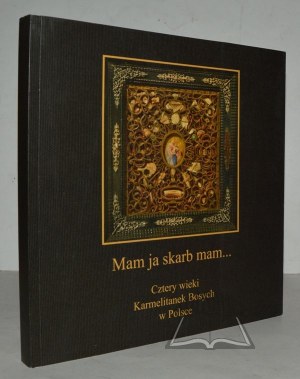
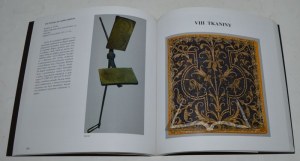
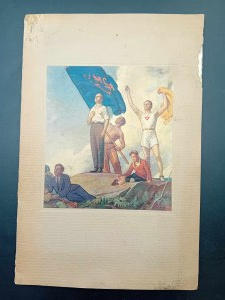
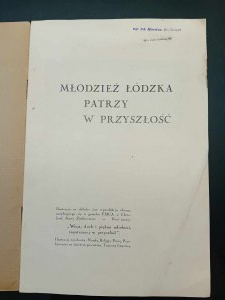
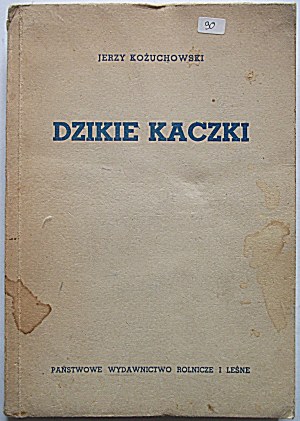
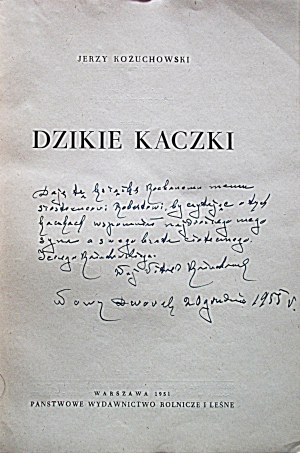
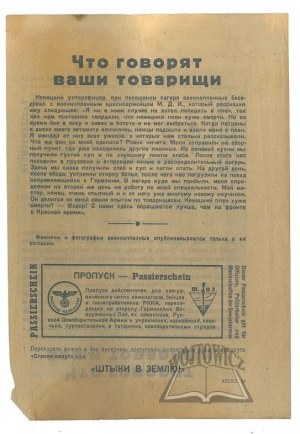
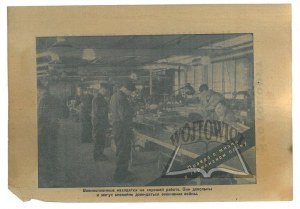
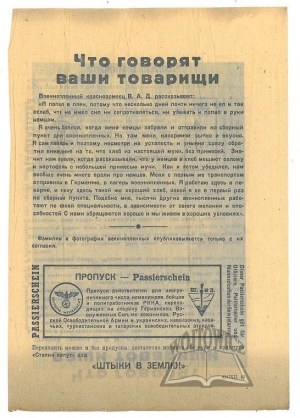
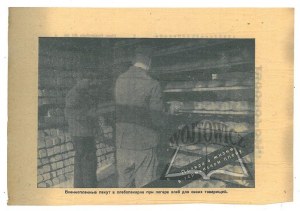
![Sotheby & Co., The Brand Collection [part 4] - Russian ...](https://img1.one.bid/img/6149/1868569_1x.jpg?1713391200)
![Sotheby & Co., The Brand Collection [part 4] - Russian ...](https://img1.one.bid/img/6149/1868569_2x.jpg?1713391200)



